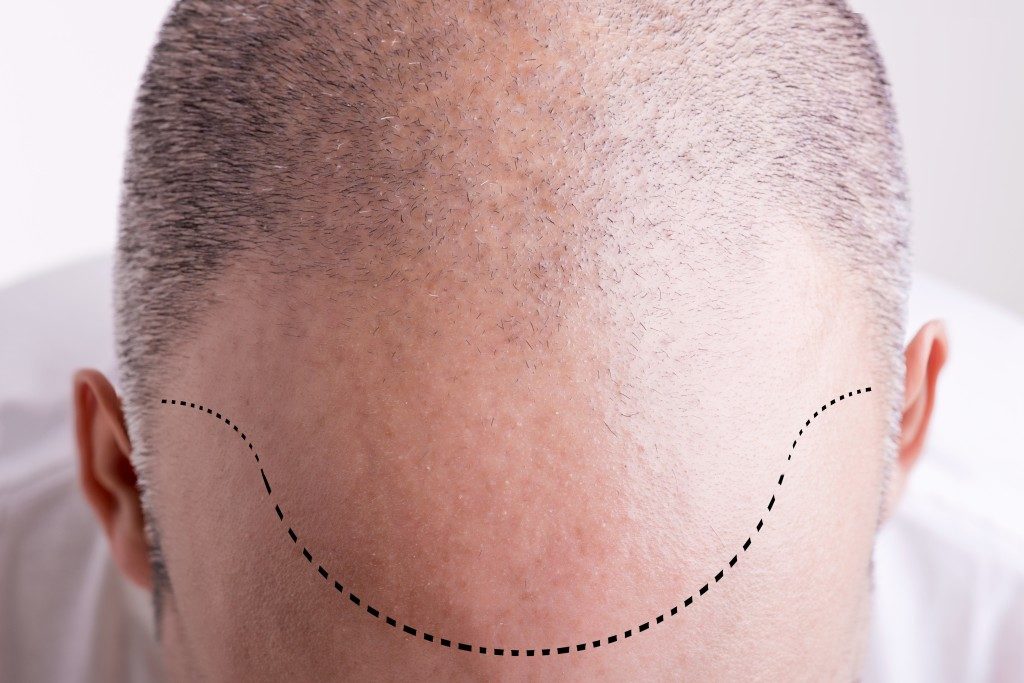- Millions of individuals face flood risk this spring, with 1.4 million under major threat.
- Floods can cause mold growth, contaminated water, electrical hazards, and emotional distress.
- To avoid mold growth, remove excess water, hire professionals for mold remediation, and keep humidity levels low.
- Use extraction services to remove contaminated water, consider boiling tap water and avoid electrical hazards.
- Seek emotional support, replace property, and research long-term solutions to prevent future damage.
During this spring season, a high number of individuals, around 146 million, residing in various communities face the risk of floods. Nearly 6.4 million are at risk of dealing with moderate flooding, while 1.4 million are threatened by major flooding.
The likelihood of major floods is prominent in the areas along the Upper Mississippi River due to the active winter resulting in greater than usual snowpack. Additionally, moderate flooding is expected in North Dakota’s Red River of the North and South Dakota’s James River.
Floods can be very damaging to homes and property. But did you know that flooding also poses a significant health risk for you and your family? It’s essential to be aware of these hazards and to take action to protect your family’s health.
This blog post will discuss some common health risks you may face after flooding and how to deal with them.

Mold Growth
Flooding creates a wet and humid environment that is perfect for mold growth. Mold can cause various health problems, such as headaches, allergic reactions, and respiratory issues. It’s essential to identify mold growth in your home as soon as possible and take the necessary steps to remove it.
Mold Remediation
Wear gloves and a mask when cleaning it, as some molds are toxic. Alternatively, consider hiring a professional mold remediation expert to handle the mold problem. Taking these steps can help ensure your home remains free from mold growth.
Preventative Measures
In addition to removing mold, it’s important to take preventative measures. Make sure the area is clear of standing water. Keep the humidity levels in your home low by using a dehumidifier if needed. Regularly inspect your home for any signs of mold growth and take any necessary steps to halt its spread.
Contaminated Water
Floodwater can be contaminated with bacteria and viruses. This polluted water can cause infections and illnesses, especially if you have an open wound or cut. It’s crucial to avoid contact with any floodwater or mud in your home. You should hire reputable water extraction services to remove the water. They can disinfect the area and replace water-damaged materials like drywall or furniture.
Purify Drinking Water
Before consuming tap water in your home, you should call your local public health department to ensure it hasn’t been affected by flooding. They may suggest boiling the water first to kill any bacteria or viruses if it is contaminated. You can also use chlorine or iodine tablets, but follow the instructions carefully. If you have access to a filtration system, use it for purification. Treat all water for drinking purposes, even if it looks clear and clean.
Electrical Hazards
Flooding often causes electrical hazards due to damaged wires and appliances exposed to water. So, it’s essential to switch off your power supply and call an electrician to check your home’s wiring to avoid electrocution.
Unplug Appliances
Don’t use tampered devices; if they come into contact with water, unplug them and get them checked by an electrician. Ensure all areas prone to flooding have GFCI (ground fault circuit interrupter) outlets. Use them to protect yourself from electrical shocks.
Signs of Damage
When inspecting your property after a flood, check for signs of damage in the wiring and appliances. Look for exposed wires, burning odors, sparks, or other signs of malfunctioning electrical systems. If you detect any of these signs, call a qualified electrician immediately.

Emotional Distress
Dealing with the aftermath of flooding can be a traumatic experience. The water-damaged property and the process of cleaning can be overwhelming. You may experience anxiety, fear, and depression. It’s essential to seek emotional support from family and friends, professional counselors or therapists, and organizations that assist people affected by natural disasters.
Replace Property
If you have suffered loss, taking steps to replace or repair lost property is essential. You may need to contact your insurance company and the Federal Emergency Management Agency (FEMA) for assistance. Organizations such as The American Red Cross and local charities can also provide much-needed resources during this difficult time.
Implications
Finally, take time to understand the long-term implications of flooding. Research potential changes you can make to your home or business to reduce the likelihood of future damage if flooding occurs again. Flooding can cause immense physical and emotional distress. But with the right help and resources, it’s possible to begin recovery from the devastation caused by floodwaters.
Dealing with health risks after flooding is critical. Follow the guidelines mentioned above to minimize the health hazards of flooding. It’s always better to take necessary precautions, but if you’re unsure, consult with professionals. Pay attention to your mental well-being, too, and don’t hesitate to seek help if you feel overwhelmed. Remember, safety comes first. Stay safe and healthy!







